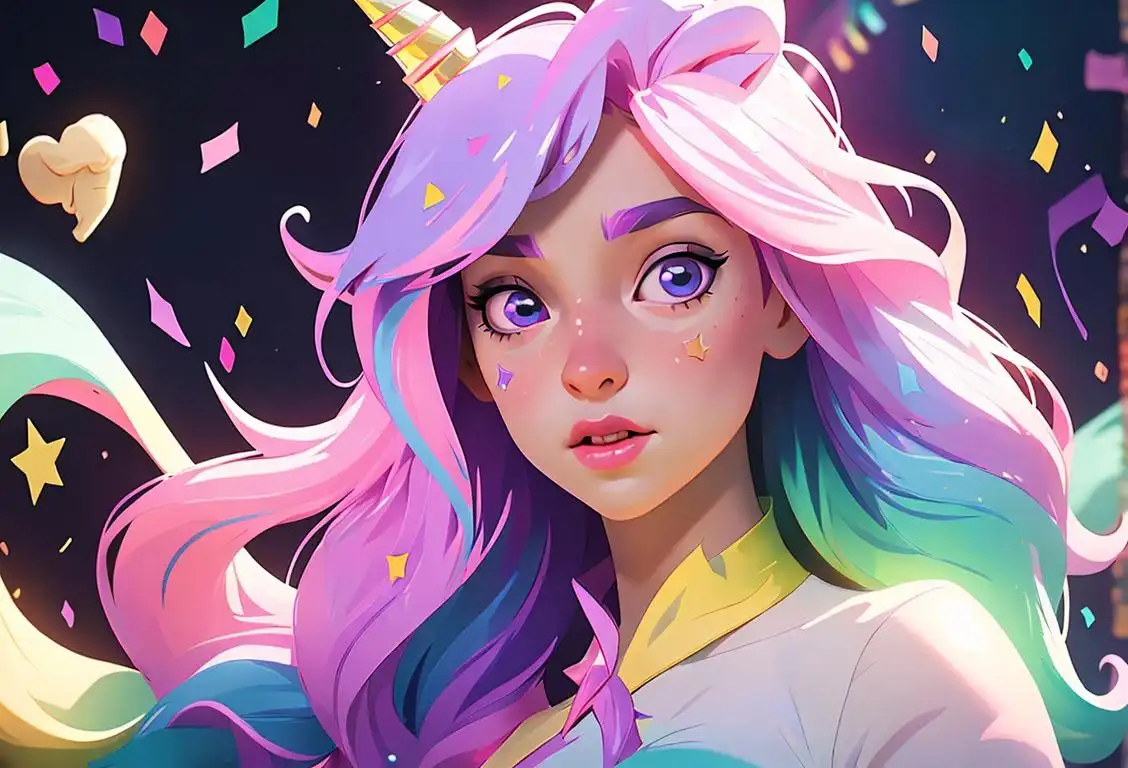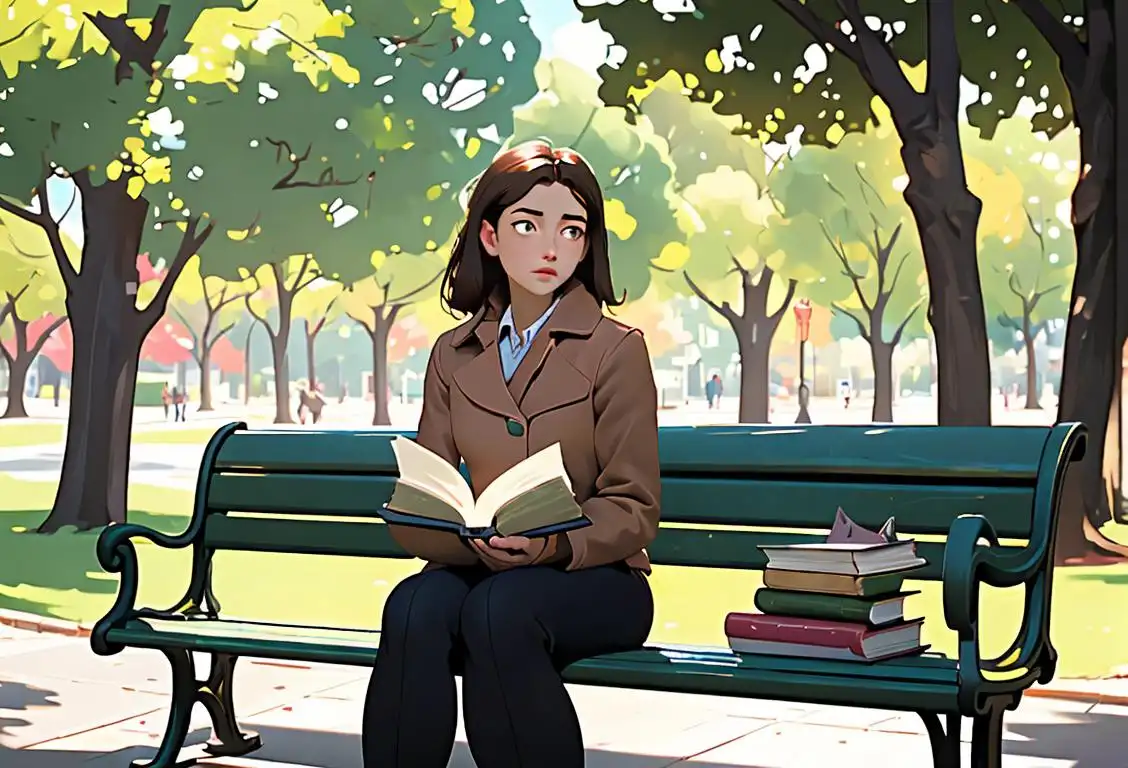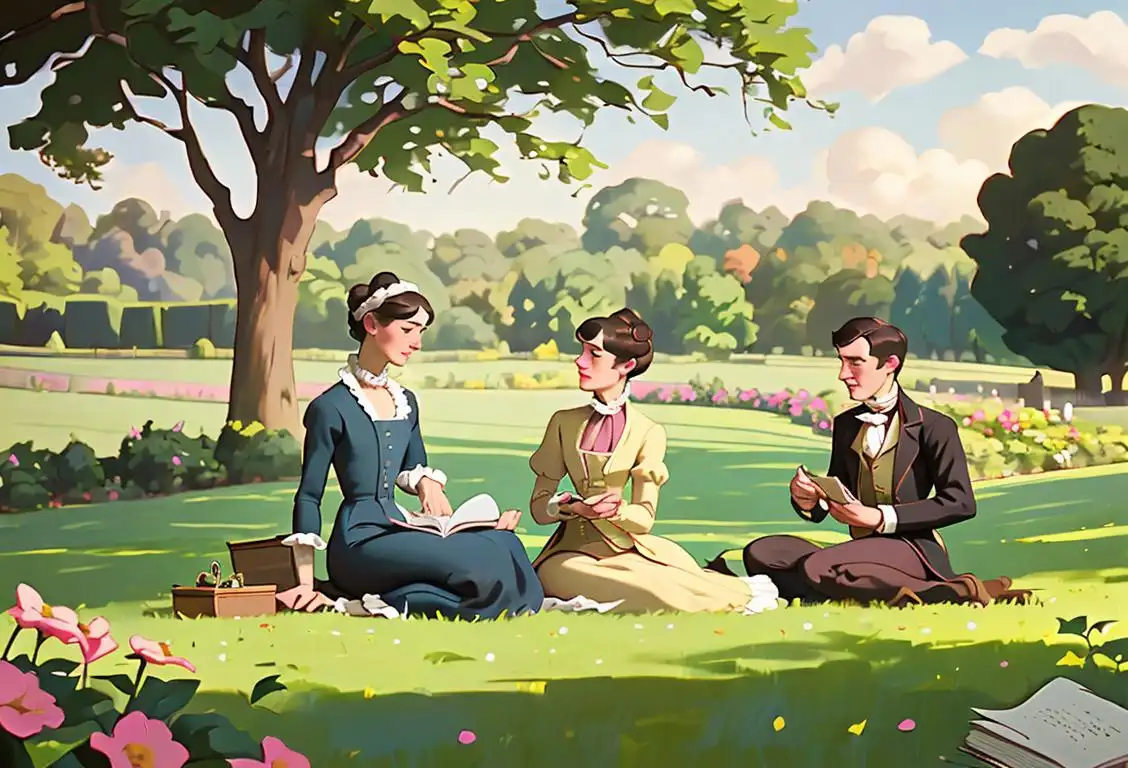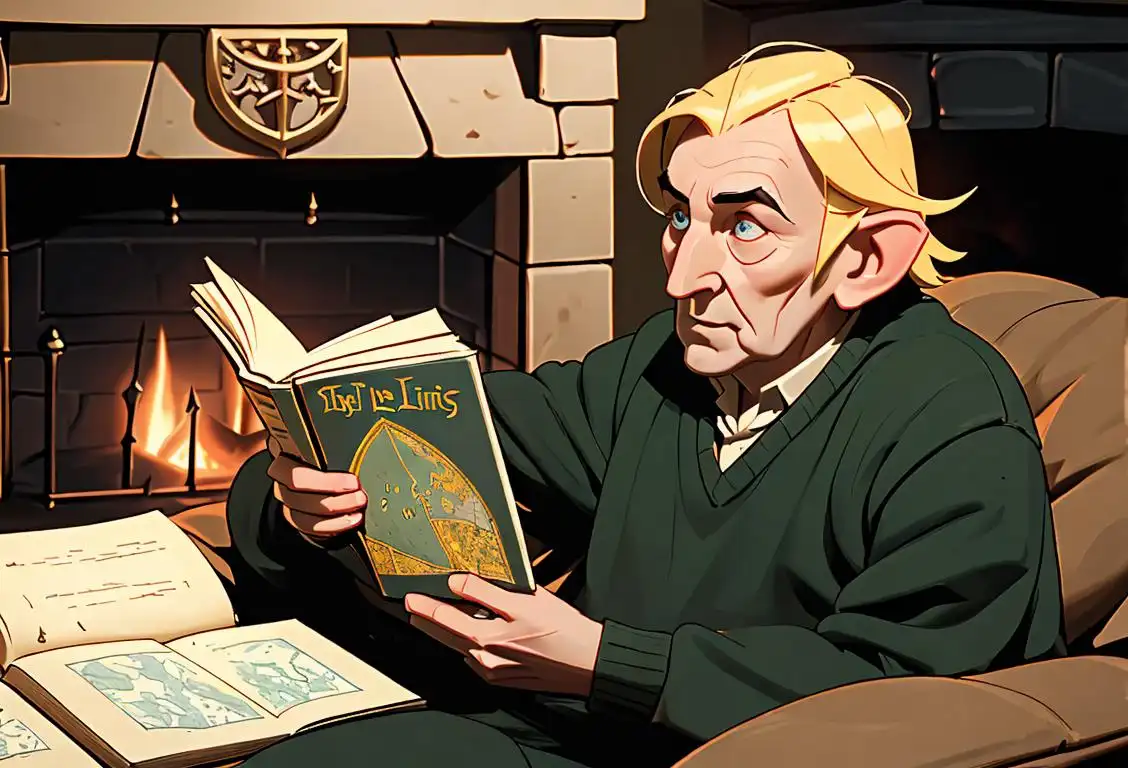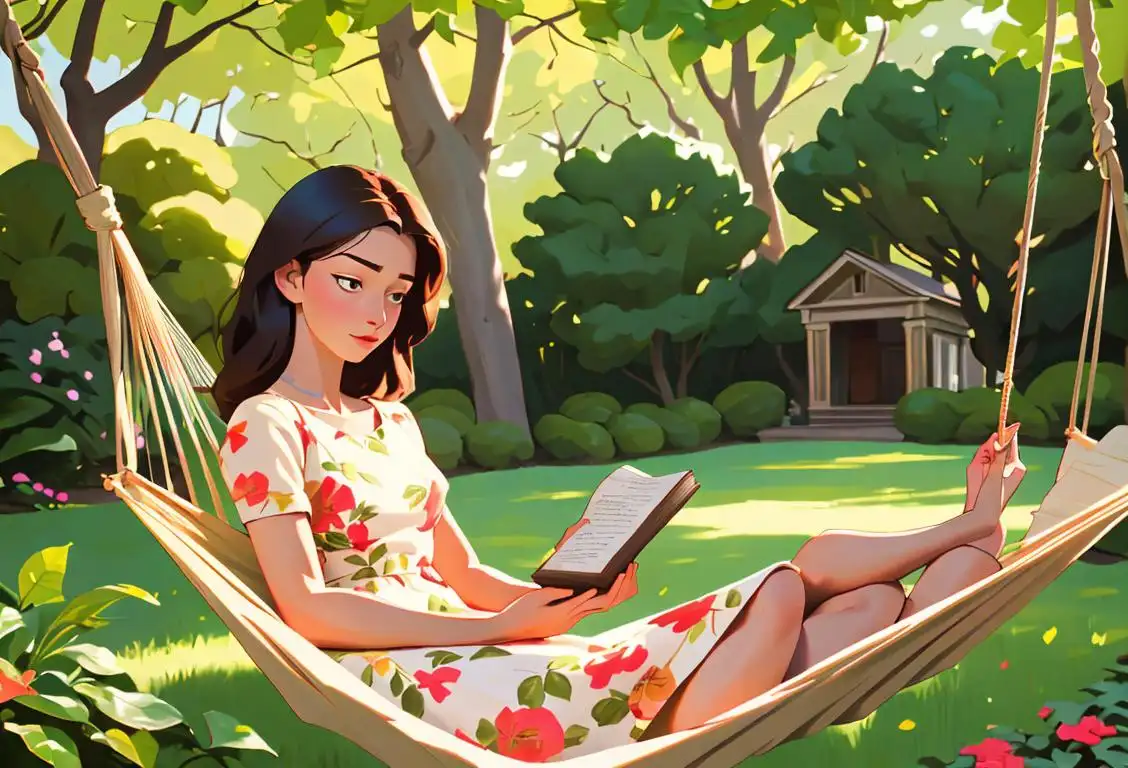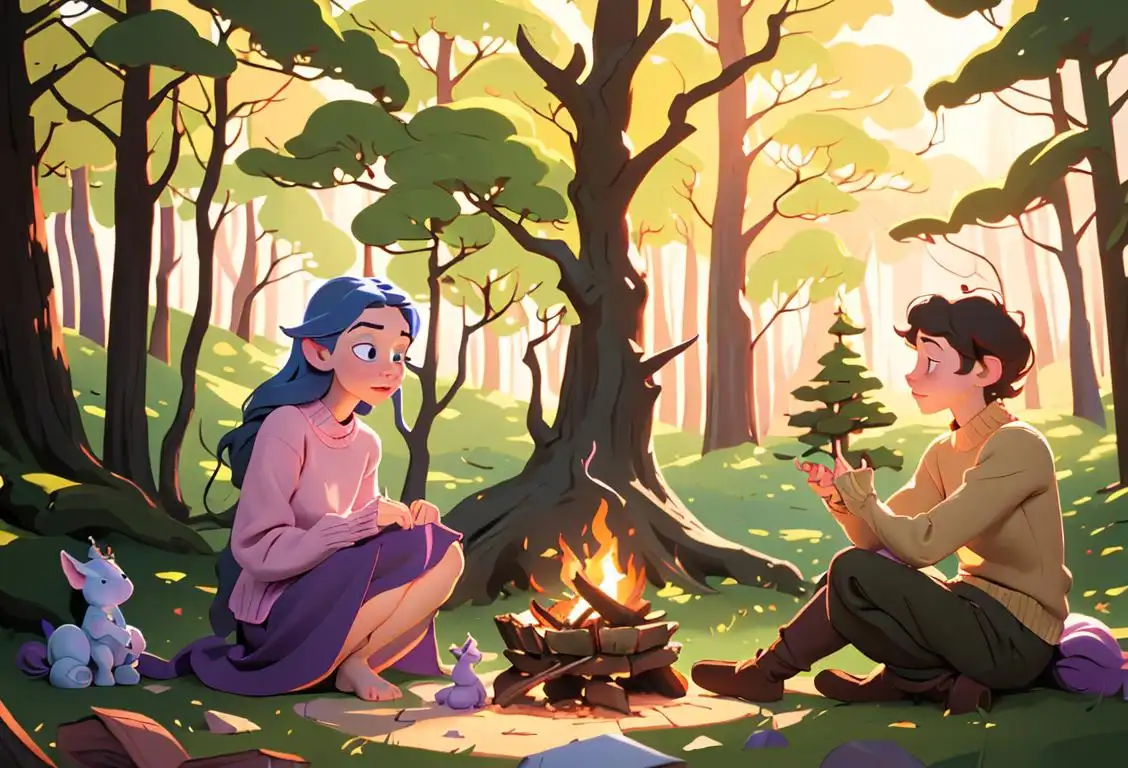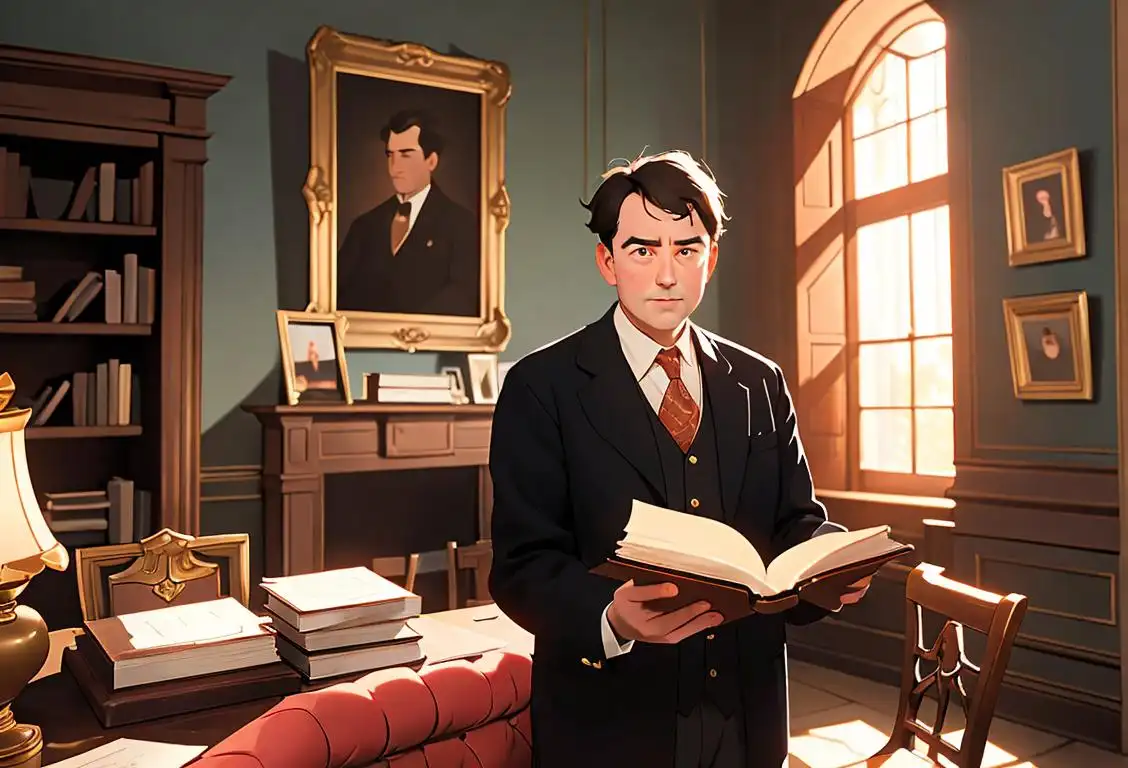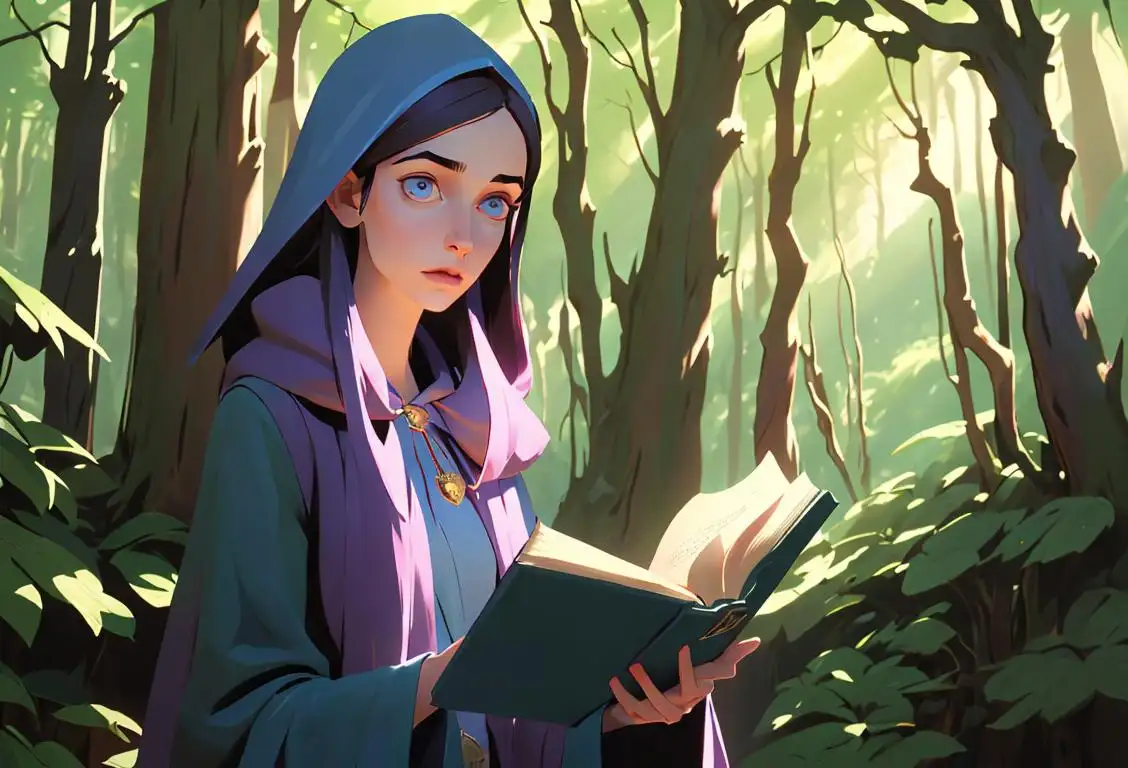National Fantasy Day
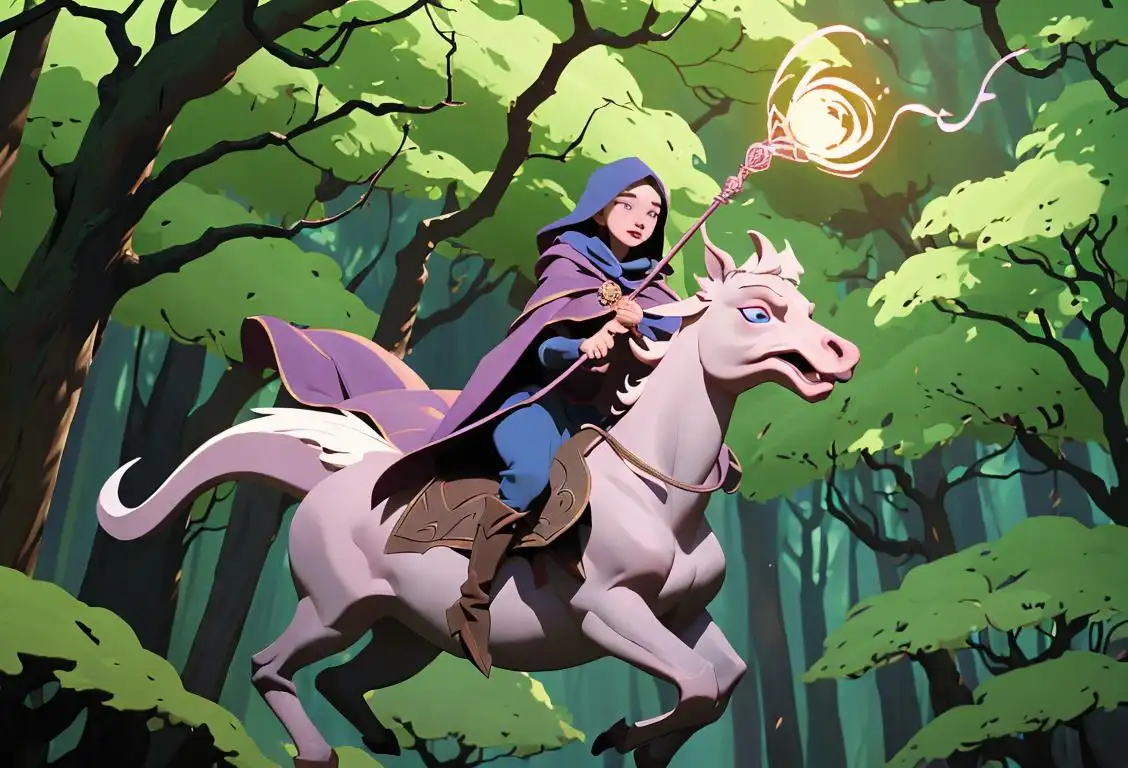
Have you ever wished to be whisked away by a dragon, summon a spell, or chat with an elf? Good news! National Fantasy Day has you covered. A day where our imaginations are given the spotlight, and dreams of fantastical adventures are more than a bit of night-time whimsy.
When is Fantasy Day?
It's national fantasy day on the 1st July.
The Magical Origins
Our dive into the depths of the internet reveals a strangely sparse mention of National Fantasy Day. Only five mentions have so far been uncovered, with the most notable wave of enthusiasm seen on July 1, 2020. It's like someone cast an invisibility spell on this holiday!
Step Into The Fantasy Realm
National Fantasy Day beckons to the dreamers, the bookworms, and the film enthusiasts. It's a day to embrace the flutter of dragon wings, the glint of enchanted swords, and the hushed whispers in the ancient forest. For it's not just about escapism, it's about celebrating a genre that has given us some of the most riveting narratives, convincing characters and spectacular worlds in storytelling history.
How To Celebrate?
Get swept up in a book, have a movie marathon of your favorite fantasy series with friends, or engage in a Dungeons & Dragons campaign. It could be as simple as letting yourself daydream and wonder what it would be like to have a pet unicorn. And for aspiring fantasy authors out there, this is the day to pen your epic (or not so epic) tale.
Not Just For Daydreamers
Beyond magic and mayhem, fantasy lets us examine our own reality from a safe distance, offering critical commentary cloaked in myth and lore. So, yes, National Fantasy Day is also a day for scholars and deep thinkers. Thought-provoking stuff, isn't it?
History behind the term 'Fantasy'
14th century
Origin of the term 'fantasy'
The term 'fantasy' originated in the 14th century from the Old French word 'fantaisie', which derived from the Latin word 'phantasia'. In its early usage, 'fantasy' primarily referred to the power of imagination and the faculty of creating mental images. It was closely associated with the concept of artistic creativity and was used to describe imaginative works of literature and art.
17th century
Expansion of 'fantasy' into literary genre
During the 17th century, 'fantasy' started to evolve into a distinct literary genre. Influenced by the works of early writers like Ludovico Ariosto and Edmund Spenser, fantasy literature began to incorporate elements of the supernatural, magic, and mythical creatures. This marked the beginning of 'fantasy' as a genre that transports readers to imaginary worlds and explores themes of wonder and enchantment.
19th century
Development of high fantasy
In the 19th century, the term 'fantasy' took on a new level of significance with the development of high fantasy. This subgenre, popularized by writers like J.R.R. Tolkien and C.S. Lewis, introduced epic quests, intricate world-building, and complex mythologies. High fantasy novels, such as 'The Lord of the Rings' and 'The Chronicles of Narnia', captured the imagination of readers worldwide and solidified the genre's place in popular culture.
20th century
Diversification of fantasy subgenres
The 20th century witnessed a diversification of fantasy subgenres. Alongside high fantasy, authors like Ursula K. Le Guin and Michael Moorcock explored the realms of science fiction and fantasy fusion, blending futuristic elements with traditional fantastical themes. Urban fantasy, characterized by magical elements existing within contemporary settings, also gained prominence with works such as Neil Gaiman's 'Neverwhere' and Charles de Lint's 'Moonheart'. Fantasy evolved into a multifaceted genre that catered to a wide range of reader interests.
21st century
Mainstream popularity and multimedia adaptations
In the 21st century, fantasy achieved unprecedented mainstream popularity. The immense success of J.K. Rowling's 'Harry Potter' series and the emergence of George R.R. Martin's 'A Song of Ice and Fire' (adapted into the TV series 'Game of Thrones') solidified fantasy's place in popular culture. Additionally, the growth of multimedia platforms like film and television brought an array of fantasy works to life, introducing these imaginative worlds to a wider audience and reaffirming the genre's enduring appeal.
Did you know?
Did you know that the fantasy genre is one of the oldest genres in literature? Its roots can be traced back to ancient myths, legends, and folk stories.Tagged
celebration fiction fantasy daydream imagination magic dragons literatureFirst identified
1st July 2020Most mentioned on
1st July 2020Total mentions
5Other days
Fantasy Day
Unicorn Day
Fiction Day
Austen Day
Tolkien Reading Day
Tlsm Day
Book Lovers Day
Tell A Fairytale Day
Book Award Speech Again Because I Think About It Every Day
Merlin Day
